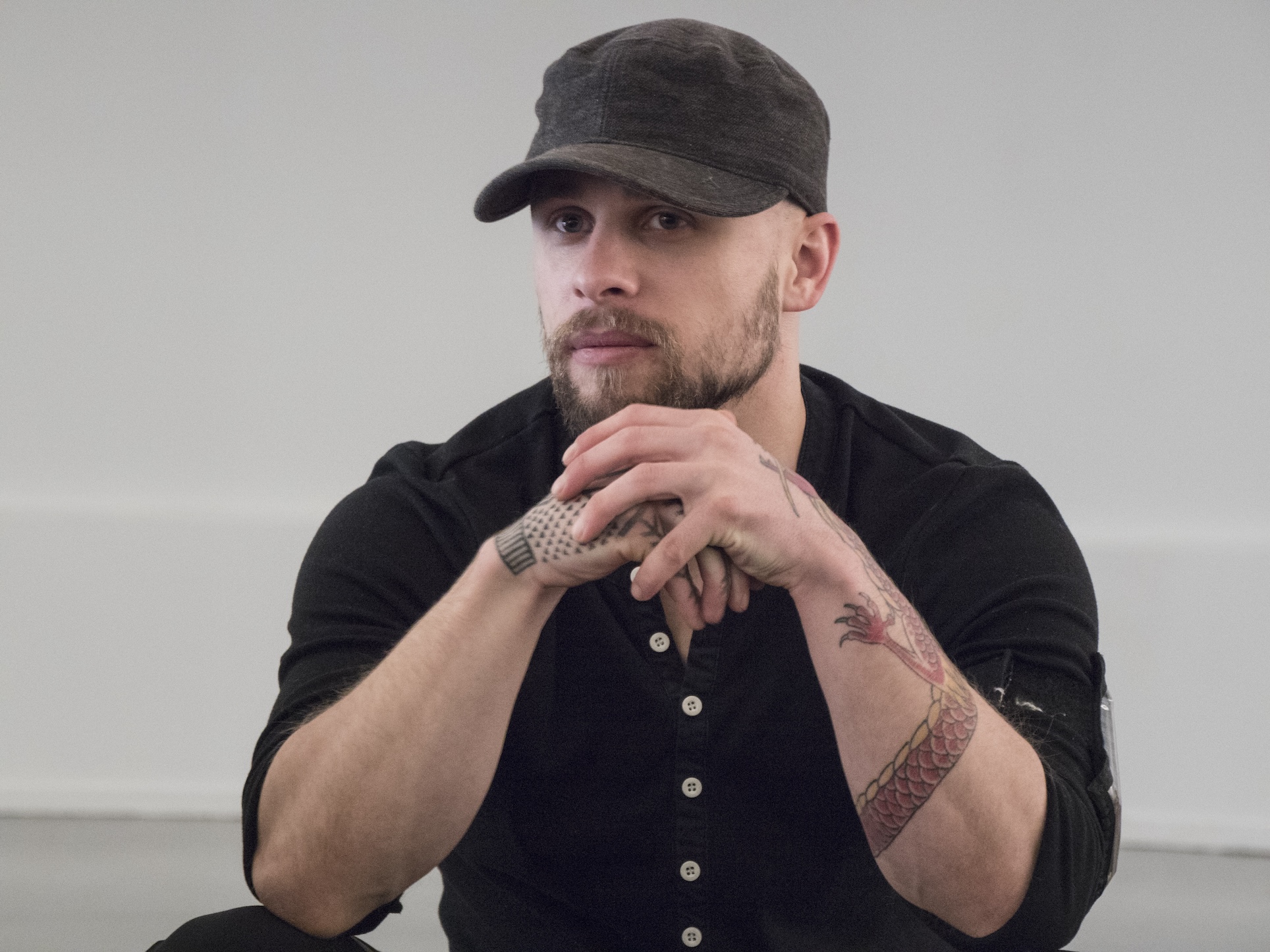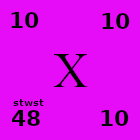
2015
Speaker: Brandon Bryant
Title: Inside the Predator
Photo: Nadine Nelken
From #DNL1 Drones, Eyes from a
Distance,
Berlin, April 17–18, 2015
Keynote by Brandon Bryant (former drone operator and US Air Force veteran, founder of Project Red Hand / projectredhand.org)
Introduced by Tatiana Bazzichelli (director & curator, Disruption Network Lab)
What do we know about drone-strikes and the policy behind them? How does the drone-system work and function? Which are the consequences on civil society, but also on the military complex on the strategic architecture of drone technology? And what does a drone operator specifically do, and under which work conditions?
Brandon Bryant, former pilot and sensor operator who joined the US Air Force from 2005 to 2011, brings his personal experience as US veteran, and founder of the Project Red Hand – an initiative created in 2014 to expose mechanisms of corruption, manipulation, and wrong doing thanks to the networked activity of whistle-blowers, law experts, and civil advocates. Brandon Bryant was among the first drone operators to publicly speak out about the conditions of the unmanned aerial vehicles’ programme that he joined from 2007 to 2011, specifically the U.S. Air Force Predator programme responsible for several drone strikes and attacks overseas – actions that led him to start the initiative Project Red Hand. During his service, he was involved in seven missions in which his Predator fired a missile at a human target, and about 13 people died in those strikes. Describing a personal war experience this conversation deals with questions of power, technology and ethics, and how they shape our personal life, when we enter directly in contact with a warfare of remotely controlled technologies. Invisible and apparently distant, such military system creates a surreal temporary zone in which the operator works, where life and death intertwine. This talk reflects on the importance of generating public awareness and critical thinking towards power structures, and most of all, on the act of changing perspective and speaking out beyond the artificial dichotomy of heroes vs. traitors.
Keynote by Brandon Bryant (former drone operator and US Air Force veteran, founder of Project Red Hand / projectredhand.org)
Introduced by Tatiana Bazzichelli (director & curator, Disruption Network Lab)
What do we know about drone-strikes and the policy behind them? How does the drone-system work and function? Which are the consequences on civil society, but also on the military complex on the strategic architecture of drone technology? And what does a drone operator specifically do, and under which work conditions?
Brandon Bryant, former pilot and sensor operator who joined the US Air Force from 2005 to 2011, brings his personal experience as US veteran, and founder of the Project Red Hand – an initiative created in 2014 to expose mechanisms of corruption, manipulation, and wrong doing thanks to the networked activity of whistle-blowers, law experts, and civil advocates. Brandon Bryant was among the first drone operators to publicly speak out about the conditions of the unmanned aerial vehicles’ programme that he joined from 2007 to 2011, specifically the U.S. Air Force Predator programme responsible for several drone strikes and attacks overseas – actions that led him to start the initiative Project Red Hand. During his service, he was involved in seven missions in which his Predator fired a missile at a human target, and about 13 people died in those strikes. Describing a personal war experience this conversation deals with questions of power, technology and ethics, and how they shape our personal life, when we enter directly in contact with a warfare of remotely controlled technologies. Invisible and apparently distant, such military system creates a surreal temporary zone in which the operator works, where life and death intertwine. This talk reflects on the importance of generating public awareness and critical thinking towards power structures, and most of all, on the act of changing perspective and speaking out beyond the artificial dichotomy of heroes vs. traitors.

